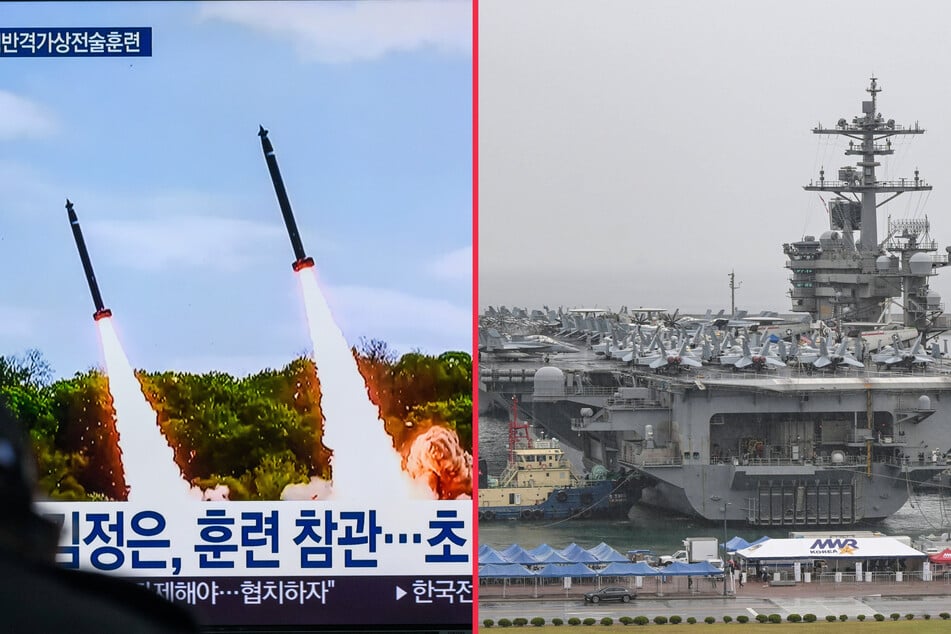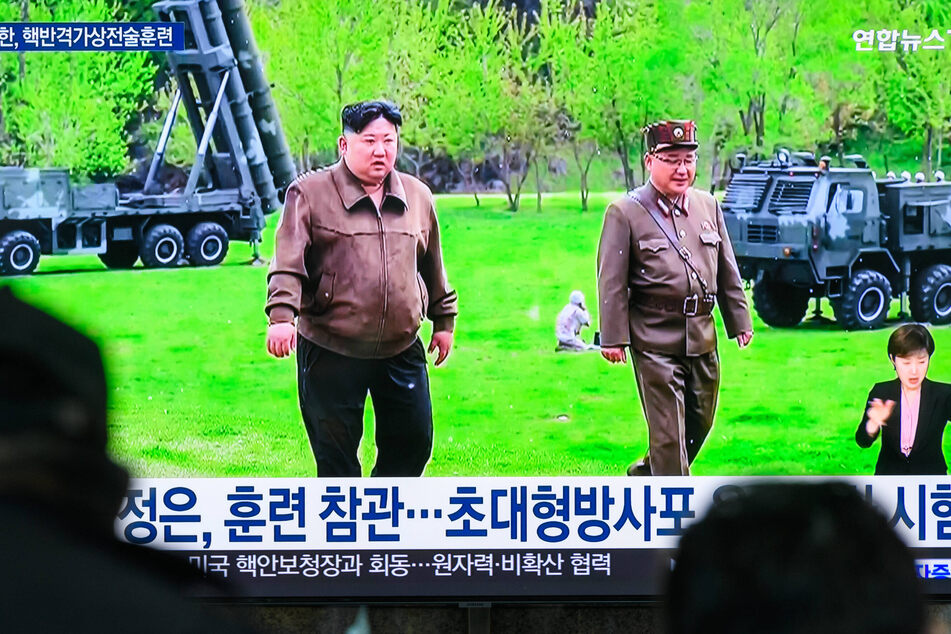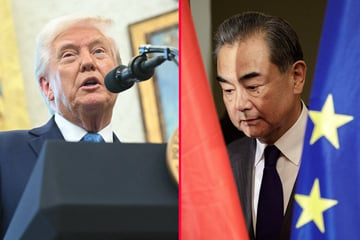How the South Korea-US nuclear pact could put pressure on China to restrain North Korea
Seoul, South Korea - The threat posed by a potential US-South Korea NATO-style nuclear pact could put an intense amount of pressure on China to restrain North Korea, an ex-Obama adviser has said.

In April 2023, US President Joe Biden signed the "Washington Declaration" alongside South Korea's President Yoon Suk-yeol, with the goal of increasing nuclear deterrence against Pyongyang.
The agreement marked the 70th anniversary of the alliance between South Korea and the US, and announced the formation of a "Nuclear Consultative Group" (NCG) with the goal to "strengthen extended deterrence, discuss nuclear and strategic planning, and manage the threat to the nonproliferation regime posed" by Pyongyang.
More than a year later, Gary Samore, a nuclear arms control expert and former adviser to the Obama administration, has called for a more NATO-style nuclear sharing agreement between the US government and South Korea.
In a seminar given in Seoul on Tuesday, Samore was cited by the South China Morning Post as saying that the strengthening of nuclear deployments on the Korean peninsula could put added pressure on Beijing to reign in the regime in Pyongyang and reduce the threat of North Korea.
"These measures are steps towards NATO-style nuclear sharing, which would involve permanent deployment of US nuclear weapons in South Korea and arrangements for the US to authorize the release of nuclear weapons for delivery by South Korean nuclear-capable aircraft in conflict," explained Samore.
"The implicit threat that the US and South Korea may agree to NATO-type nuclear sharing and deployment could be used to pressure China to restrain North Korea from taking actions."
Nuclear claims come days after military drills triggered condemnation from Pyongyang

On Sunday, Pyongyang reacted to joint drills between the US, Japan, and South Korea with strong denouncements against "provocative military muscle-flexing against the DPRK."
The tense exchange comes amid escalating regional tensions, as Taiwan faces increasingly regular threats from Beijing, and joint US-Filipino drills were followed by clashes between the Philippines' navy and Chinese coast guard.
Secretary of Defense Lloyd Austin labeled the drills which angered North Korea on Sunday as "operation freedom edge," and said that they aimed to "ensure peace and stability on the Korean peninsula."
Samore's comments somewhat mirror Pyongyang's complaint, as he points towards the same "Asian-version" of NATO that the DPRK warned could have "fatal consequences" in the region.
Cover photo: Collage: IMAGO/ZUMA Press Wire
